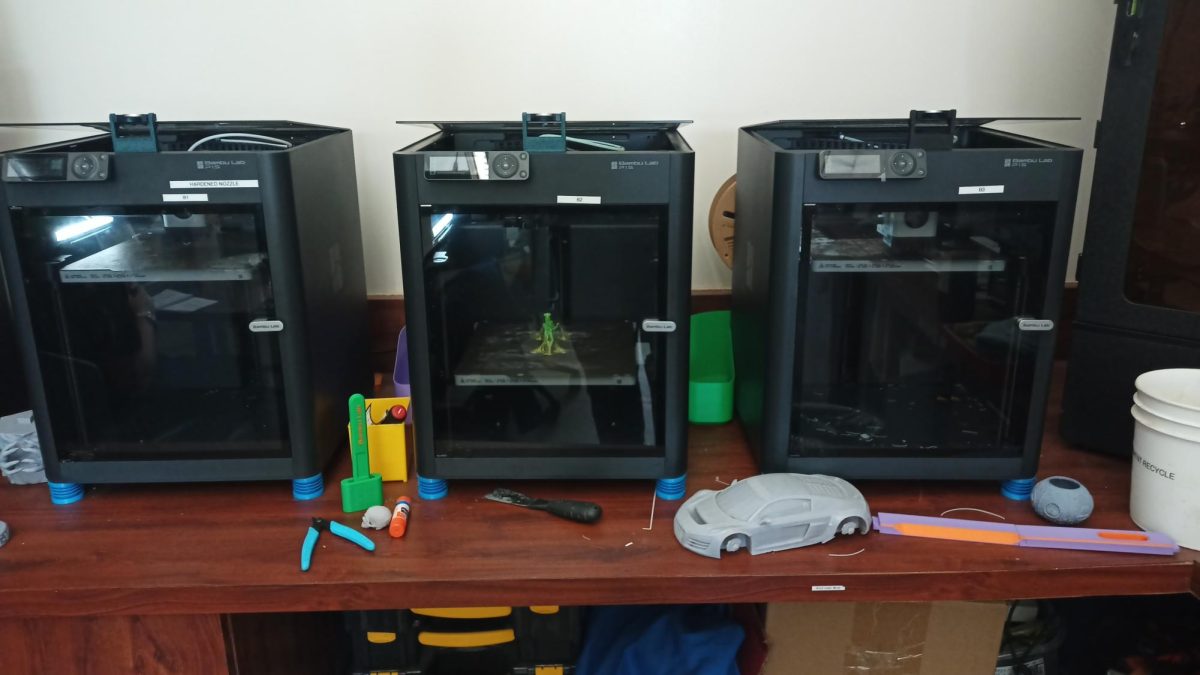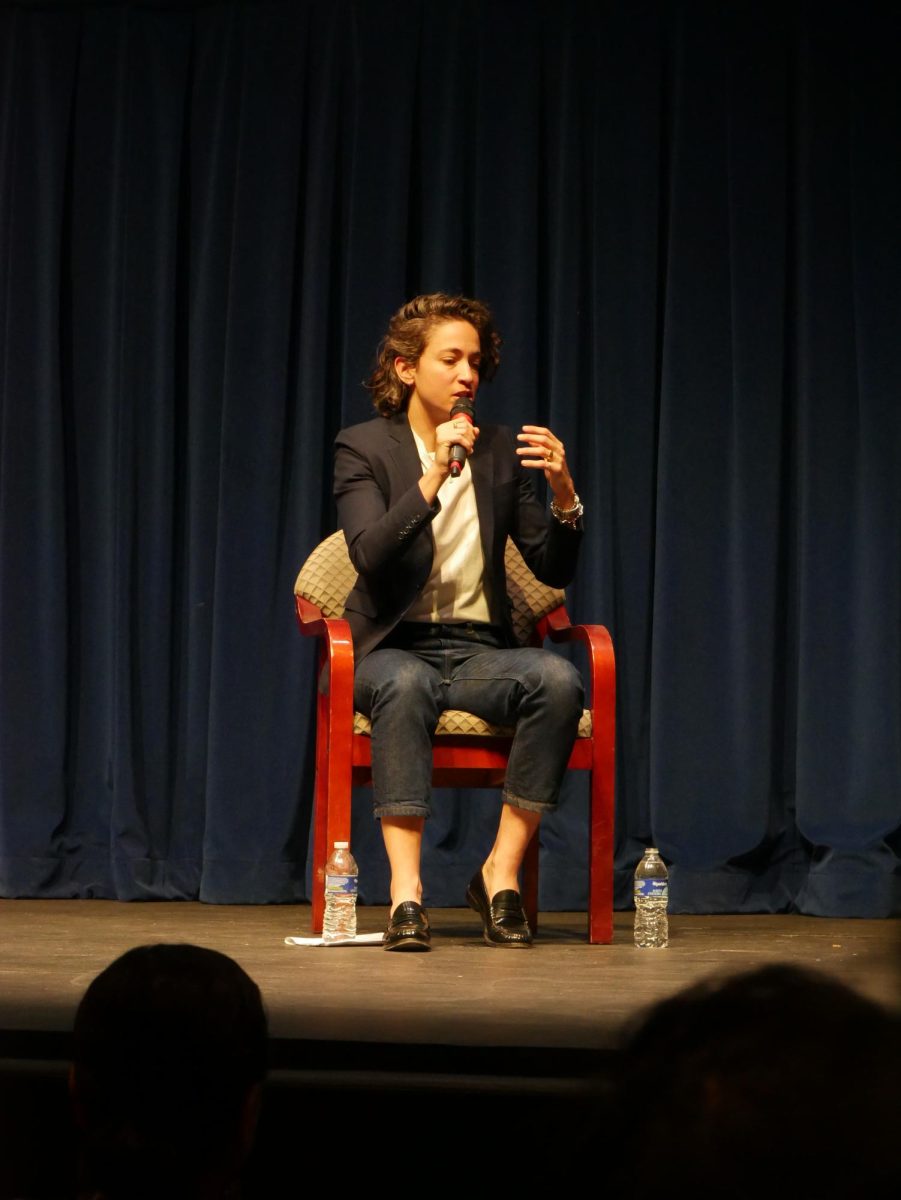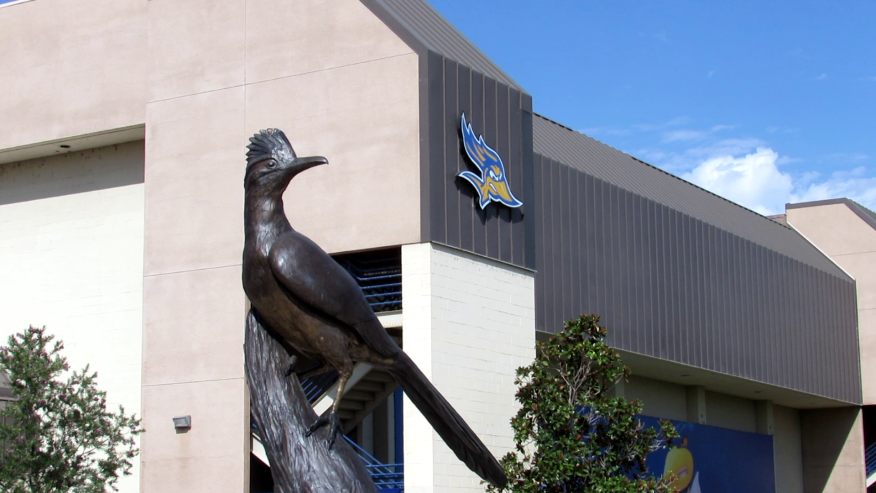By Steven Barker
News Editor
Suicide is the second-leading cause of death among college students each year, trailing only automobile accidents.
In an academic school year, approximately 10 percent of university students nationwide will have thoughts of suicide.
Of those suffering from depression, anxiety or high levels of stress, only 20 percent will seek treatment.
As the university and student body mourn California State University, Bakersfield student Los Ortiz’s death, which is being investigated as a suicide, officials from the school’s Counseling Center are using statistics like these to inform students of the pervasiveness and devastating consequences of depression, stress and anxiety.
According to Dr.Michael Harville, a counselor at CSUB, depression is a mental illness with wide-ranging effects on our lives.
“Depression isn’t just the emotion, the feeling of being depressed,” Harville said, “but it really is a comprehensive way where almost all aspects of your life are in some way impacted – mentally and emotionally, socially, physically.”
When the depression worsens, Harville added, victims begin to feel immobilized.
As their self-esteem begins to plummet, Harville said people begin to perceive themselves as both outcasts from the community at-large and burdens to their peers. This ultimately results in suicidal thoughts and, even worse, attempts.
Eric Lord, a counselor at CSUB, says the causes for depression are wide-ranging.
“College is a big transition into adulthood,” Lord said. “It’s possibly a residential move from your place of origin your whole life, and that’s a huge difference for a lot of people. It may be a big cultural shock […] where you’re used to living in some community in another part of the world and now you’re living in Bakersfield and trying to navigate this world.
“We see a big increase in people not being able to handle their stress because of all these transitions.”
Despite depression’s pervasiveness, Lord and Harville both cited cultural messages tying depression to mental weakness or personality defects as a deterrent to seeking therapy.
Harville added that only 8 percent of CSUB students seek therapy at the Counseling Center.
Students who have experienced depression and anxiety say the illnesses negatively affected their lives in a significant way.
“I hated my life,” said a senior mathematics major, who requested that his identity be withheld.
“I would wake up every day and feel a general malaise or dysphoria,” the student added. “I thought I was dying, and the feeling would last until I went to bed every day.”
The student, who said his anxiety formed when he thought he was developing symptoms of a brain tumor, experienced significant anxiety for four months. After receiving counseling and psychiatric service for a year, he added he no longer experiences anxiety.
Know the Signs
Harville and Lord said that there are a number of symptoms related to depression. The primary ones include, but are not limited to:
• anhedonia – the disinterest in activities people once found pleasurable.
• isolation or social withdrawal.
• sleeping problems, like hypersomnia or insomnia.
• changes to one’s appetite.
• difficulty making decisions or navigating life.
Campus Services
The center employs four counselors and offers individual therapy for a number of issues, such as anger, depression, anxiety, relationship issues, sexual abuse, low self-esteem and eating disorders.
The Counseling Center also offers a crisis intervention hotline that students can call if they’re suffering from significant hardships and the campus center is closed.
The Counseling Center is open from 8 a.m. to 5 p.m. Monday through Friday. It is located next to the Student Health Center and the Icardo Center.
The Crisis Counselor phone number is 661-654-3366.











